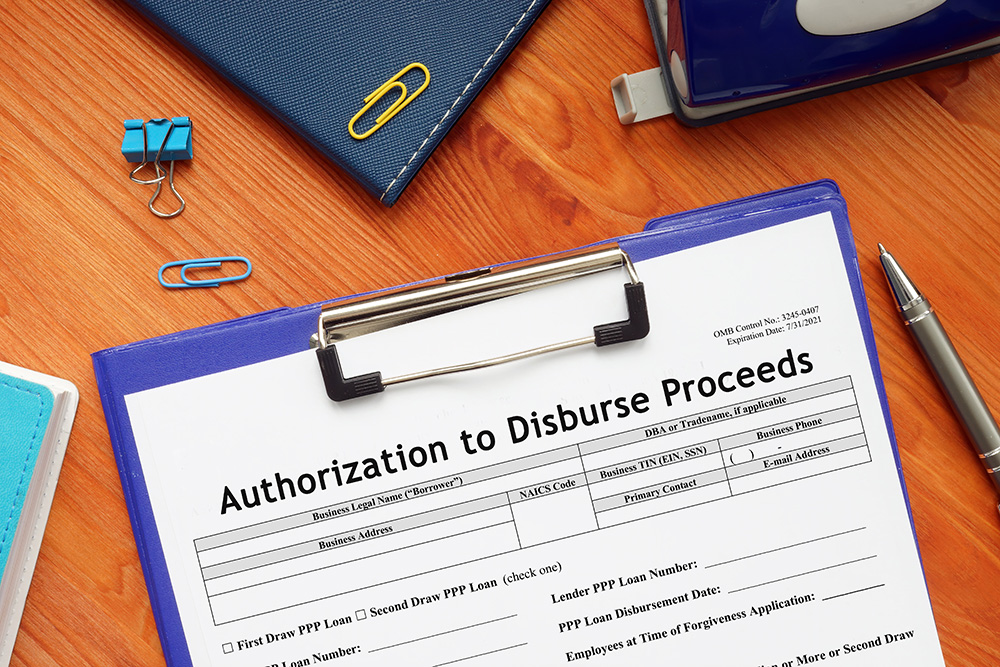

Our most frequent question is “Will you be able to collect my money?” Everyone wants a lawyer who can say “YES”. We believe that if anyone can collect, we can. Because our business is collection, we collect more money, more often than most other lawyers. Our success rate depends on many factors and even before we investigate and attempt your case, we can get a good idea of collection prospects. Certain cases, for example, are highly collectable. High probability of collection success is often indicated by: A very recent debt; and/or Lavish lifestyle of an individual debtor; and/or Operating businesses; and/or Excellent credit history; and/or Occupational or professional licenses of debtors; and/or Generally stable history; and/or Supportive family; and/or Strong financial statement or substantial asset ownership; and/or History of reliance on obtaining credit; and/or Debts under $75,000.
‘Very old; and/or Against corporations that are out of business’ and/or Against outright thieves, such as those in jail or who are being chased by law enforcement; and/or Against those who have, or will be, filing for bankruptcy protection; and/or Against those people whose lifestyle tends to indicate no assets now or in the future, such as alcoholics, drug abusers, chronic gamblers, those chronically on welfare, the terminally ill; and/or Huge debts; and/or Large IRS tax liens.


Some cases are collected within the first 30 days and others are never collected. In general, most successful collections become apparent soon after the lawsuit is served, and generally we know if the collection will be easy, even if contested, within the first 120 days. While it is sometimes possible for debtors to delay in court for months or even years, most collection cases are easy to win and harder to collect than regular court cases. That means, even in a contested case, we can provide you with a good projection quickly.
We generally begin your case almost immediately upon receipt of your file and instructions to proceed based on our retainer agreement. Typically, the debtor first hears from us when served with the lawsuit documents. We typically do not make phone calls, send written demand letters, or otherwise waste time with non-court related action unless required by law to do so. Any such action only comes after the lawsuit is well underway and the debtor’s time is ticking, not yours. When we receive your file, we set up a formal collection file, begin investigation into the location and identification of the debtor, check history and do a preliminary asset investigation. Legal action is generally commenced within the first few days.


Only you can approve a compromise! We will do our best to recover all of your money, and we won’t compromise your claim without your consent. If we receive any written offer, we will communicate it to you for your decision. If we receive any legitimate oral offer, we will also communicate it to you for your decision. Ultimately, settlement or compromise will be your decision.
We always demand full immediate payment. Very frequently, the threat of litigation or the filing of proceedings with the court motivates the debtor to pay all of the debt immediately. In some circumstances, payments may be the only way to collect your money. If it becomes apparent that a debtor must make payments, or that we can get your money faster with voluntary payments than by waiting to fight in court, we will recommend a structure for the recovery of your money in such a way that you get it or we have the immediate right to seize assets and interrupt income stream. Remember, it will be your decision to accept time payments.


If your case is good, we can locate the debtor, and there is good reason to believe we can recover, we will generally take your case. We take cases on both a contingent fee and hourly fee basis. On contingent fee, we become your partner in the debt. You supply the case and we devote the time toward attempting recovery. In an hourly fee case, we believe in the same partnership theory. If we wouldn’t pursue your case on a contingent fee, we are reluctant to pursue it on an hourly fee basis. You should review the topic of “Contingent fee or Hourly fee” if you are uncertain of what fee type your case is best suited for. Before we accept a case, we attempt to make a preliminary determination that there is a reasonable probability we might be able to help you. Helping you collect your money also means we collect on our contingent fee. If we feel there is no reasonable basis to believe we can help you (and consequently there is no reasonable basis to believe we can earn a contingent fee) we thank you for the opportunity to review your file and you can pursue some alternate arrangement.
On contingent fee cases we request an initial deposit to cover the initial out-of-pocket costs of beginning your action. For example, a new case will require a filing fee with the clerk of the court, fees to the process server, minor costs for the background check, the preliminary asset database check, searches such as a Secretary of State search, a real property search or similar minor costs. You should review the section “About Costs” for more information on what the out-of-pocket costs are and how they can be recovered. We are pleased to put our time into your collection action on a contingent fee basis as your partner. We request you show your confidence in your case by providing the token funding for the minor costs and expenses. A typical one-party case is handled to judgment within the initial cost deposit. Any subsequent costs are similarly minor. If the case proceeds all the way to judgment, there may be costs for recording liens, obtaining orders for court appearances, and for the sheriff to seize a bank account. If we are required to seize major assets (such as cars, land, etc) which may require higher costs to the sheriff or others, we will consult with you first for approval of any significant expenditures.


When we receive a new file, we conduct our investigation and file initiation. As part of that process, we will call and interview you on the phone for relevant facts, information, ideas, and tactics. We try to develop a feeling for who our target is and what the best plan of attack is. We generally do not require an initial meeting with our clients. In most cases, there is no need to hold a face-to-face interview. You are not required to visit our office or travel. Of course if you wish to meet us, face-to-face, you may schedule a brief appointment after your case has been accepted and acted upon to review progress.
All money collected is deposited to our “clients trust account”. After we are certain that the debtor’s payment has cleared, the money is disbursed to you and to us. We do not receive payment on contingent fee cases until you do. That is why we move to clear funds and disburse promptly. We usually disburse all cleared funds weekly. Rules of Professional Responsibility and legal ethics impose rigid and inflexible rules governing trust money. It must be held for the benefit of the client only and no commingling or inappropriate use is allowed. All of your funds are insured and held in FDIC designated beneficiary accounts.


While we collect on most of our cases, in the history of our practice, there have been some cases where we were unable to collect. Since collection is our business, cases are our inventory. We don’t want stale inventory or non-current inventory. If we are unable to collect, your case will be returned to you promptly. If your case is returned to you, you can take it to any other lawyer you select and we will relinquish any contingent fee interest. If we don’t feel we can collect, we don’t want to keep the case and continue devoting time toward it without optimism. Our only exceptions to the waiver of contingent fees if you request your case back after giving us a chance to attempt collection, are (as stated in our retainer agreements) when we are still actively pursuing a case and collection prospects are good or when a client directs us to discontinue for their own benefit, such as when the client has made a direct settlement and tries to avoid payment of our earned fee.
Your case is immediately assigned to one of our Legal Assistants who will be available to you anytime you choose to call. You can discuss intake, tactics and strategy, collection prospects, settlement status and similar important matters. You may request status information from the assigned legal assistant at any time and you will usually get a regular status report which will include a follow-up date. We invite you to call us to discuss your case whenever you want. You are the client and we are here to help you.

We have a full staff of qualified and experienced Lawyers and Legal Assistants. We use all the legal remedies the law allows to collect your money. We move quickly and aggressively…